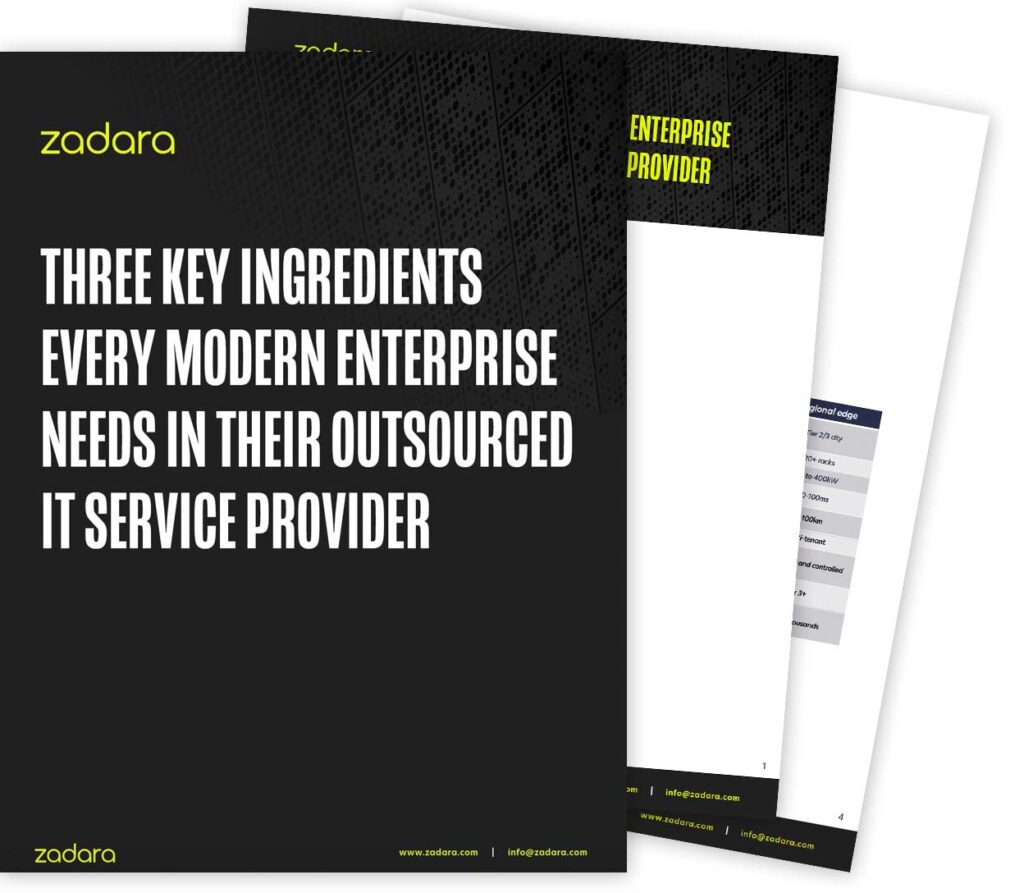Unless you have been living under a rock or on a desert island you have noticed that the amount of data being generated and stored is growing exponentially. Luckily, the people at 451 Alliance have been keeping an eye on things, and they’ve just shared these findings.
Nearly nine out of 10 members of the 451 Alliance expect an increase in the amount of total data under management over the next year. The total data market is projected to grow over 10% year over year by 2022.
How are enterprises planning to store the ongoing flood of data?
Where will all that data be stored?
Despite the fact that storage is considered a mature technology, there is a good deal of innovation going on, according to our 451 Alliance report The Heat is On – Cloud Storage Vendors Disrupt the Status Quo.
Emerging cloud storage providers are leading the way as they seek to take market share from traditional storage providers.
What does the future hold?
Data presented during the 451 Alliance member webinar Data Growth Challenges and the Rise of Cloud Storage points to the future growth of cloud storage. In a live poll, 451 Analyst Henry Baltazar asked attendees where they think most of their companies’ data will be stored in five years.
Almost half (48%) said that most of their data will be stored in a public cloud storage service, such as AWS S3 or Microsoft Blob.
About one-third (31%) said they will store most of their data on-premises on a storage array or object storage system. One-tenth of attendees saw on-prem HCI as the main storage option for their organization in the near future.
This poll aligns with trends that Henry has observed across IT teams in general. Henry went on to share insight on who influences storage purchasing decisions and how IT teams confront skills shortage in data storage.







